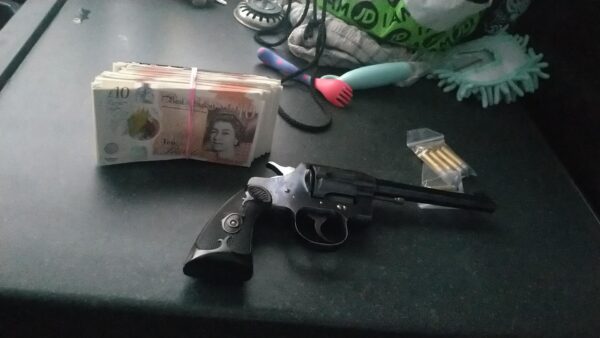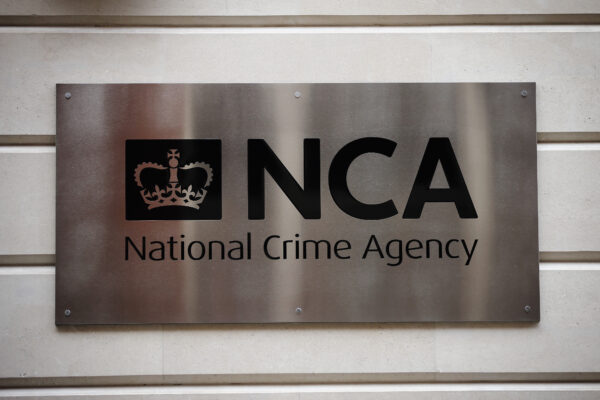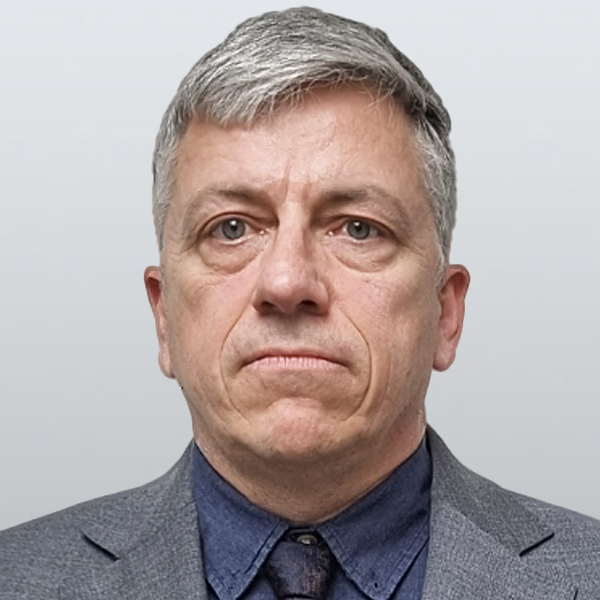NCA lawyer says UK police have ‘very broad’ powers to interfere with mobile phones
A lawyer for the National Crime Agency (NCA) has told an appeal tribunal the breaching of the EncroChat encrypted phone network in the spring of 2020 was for law enforcement the equivalent of the “D-Day landings.”
The Investigatory Powers Tribunal (IPT) is hearing the last of a three-day appeal against the granting of a thematic Targeted Equipment Interference (TEI) warrant, which the NCA obtained on March 25, 2020, in order to access up to 9,000 EncroChat devices in the UK and investigate the owners of those devices.
Lawyers for 10 individuals who were targeted say the NCA knew the French gendarmerie’s hack of EncroChat, known as Operation Emma, was a live intercept—something the NCA deny—and should have requested a Targeted Interception (TI) warrant instead, but knew it would not have allowed the evidence from the encrypted devices to be used in UK courts.
Around 500 people in the UK have been convicted on the basis of EncroChat data, and another 1,000 are awaiting trial. Most of those cases would be fatally undermined if the tribunal upholds the appeal and sets aside the warrant.
Jonathan Kinnear KC, counsel for the NCA, said the agency only found out about the French plan to hack EncroChat at a meeting at Eurojust in The Hague in late January 2020.
‘Enormous Scale’
He told the tribunal on Friday: “The NCA was under time pressure and was going to have to put together resources and infrastructure in order to deal with this massive operation. It was, in our submission, something equivalent to law enforcement and the D-Day landings. It really was on an enormous scale.”
Kinnear, referring to a memo in February 2020, said: “What is clear from this memo is that the NCA in the UK had no control whatsoever on what the French were going to do.”

The NCA held a meeting with the Crown Prosecution Service on Feb. 13, 2020, set up Operation Venetic, and sent a team of NCA officers, including Emma Sweeting, to Europol between Feb. 19–21, 2020, for a briefing on the EncroChat hack.
On Wednesday, Sweeting denied deleting a key document related to that Europol briefing.
She disclosed a so-called “blue-black note” she had taken at the briefing but said she only discovered a fuller “rolling note” on her laptop in October 2022. She told the tribunal that was her “complete error.”
On Thursday, Matthew Ryder, KC, for the appellants, told the chairman of the panel, Mr. Justice Edis: “We respectfully submit that Miss Sweeting, the crucial NCA witness when it comes to this exchange, is not a reliable witness and did not give an accurate account to the judicial commissioner or to you.”
But on Friday, Kinnear said that while it was “unfortunate,” he believed it actually “bolstered her credibility.”
He said: “Far from undermining Miss Sweeting’s credibility, the fact that she did another check, found that note and produced it, even though it must have been extremely embarrassing … we would submit that the fact that she has been upfront, honest, produced the note as soon as she found it, that, we would submit, all goes to support and bolster her credibility, rather than undermine it.”
Kinnear went on to say that the evidence suggests the French hack was an interception of stored data from the EncroChat handsets, rather than a live interception from the EncroChat server in Roubaix, near Lille.
Earlier Kinnear’s colleague, Sir James Eadie, KC, told the tribunal that law enforcement had “very broad” powers to use thematic TEI warrants under the Investigatory Powers Act.
Eadie said the NCA did not have “bulk interference powers”—meaning an ability to trawl in bulk looking for evidence of criminality—but he said the remit of thematic TEI warrants was “very broad.”
He said they had the power, even under the previous 1994 legislation, to conduct “interference with every mobile phone in Birmingham” or, “interference … any device used at the [fictional] Acacia Avenue internet cafe during the period of six months from the date of the warrant.”
Eadie said they did not have to identify, in advance of getting the warrant, any of the individuals or organised criminal groups (OCGs) believed to be using EncroChat.

On Thursday, Abbas Lakha, KC, for the appellants, said the French hack of EncroChat was “bulk” interception, rather than a “thematic” operation.
As for why they had sought a TEI warrant in those circumstances, Lakha said, “The only reasonable conclusion is the NCA deliberately closed its mind to the question of bulk because it concluded that such a warrant would not be able to take advantage of the remarkable opportunity before it presented by Operation Emma.”
Among those who are incarcerated as a result of Operation Venetic are Paul Fontaine, 36, and Frankie Sinclair, 34. In May they were jailed for life, with a minimum term of 18 years for conspiracy to murder. Operation Venetic officers identified Fontaine as using an EncroChat device under the codename Usualwolf, and Sinclair was identified as NudeTrain.
The appeal hearing has now concluded but the tribunal panel—Lord Justice (Andrew) Edis, Lady (Ailsa) Carmichael, and Simon Shaw, KC—will not give a decision until the New Year. Whichever way the tribunal rules, their ruling is expected to be appealed to the Court of Appeal.








